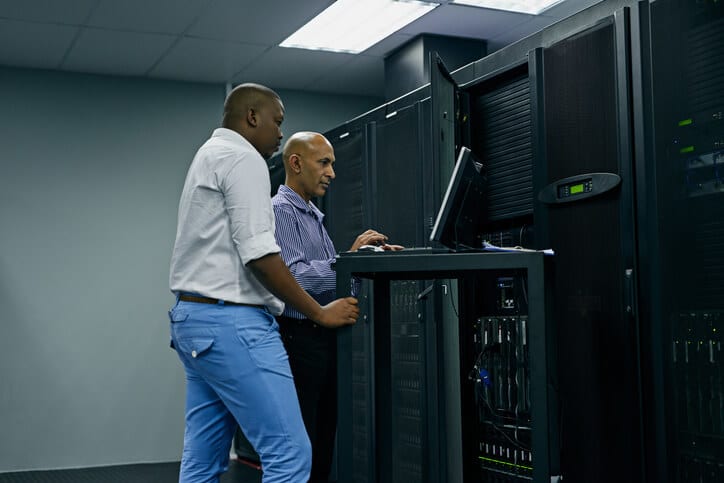
Often, the best way to improve is to study people who’ve already got things figured out. So today, let’s do that – let’s take a look at what all the best sysadmins seem to have in common.
We can always be better, and we should always be looking to improve ourselves. One of the best ways to achieve that is by looking to our superiors – by looking at how some of the best people in our field conduct themselves. Because inevitably, they all have traits they share in common.
Sysadmins are no different. That is why today, we are going to go over some of the habits and practices that make the difference between a good administrator and a great one. How many of them do you follow?
1. They Are Cautious and Disciplined
Do you avoid using root privileges except when absolutely necessary? Do you bother to review what you have entered in the command line before executing it? Do you have a regimen of commands that you enter each time you login, and a set of statistics that you consistently examine each day?
The best sysadmins will answer ‘yes’ to all of the above.
2. They Are Masters Of Prioritization
As a sysadmin, you should eventually develop a sixth sense for whether or not a particular task is more urgent than what you are currently working on. But you should also learn to go beyond that. You should:
- Automate all non-trivial processes and tasks, such as data backups.
- Run as few processes and services as possible, disabling anything your systems do not use or need.
- Develop effective workflow management techniques
- Work in a way that allows them to immediately move from one task to a higher-priority one without losing progress.
3. They Monitor, Measure, Record, and Document
As a sysadmin, you should always have an ear to the ground where your business’s systems are concerned. Monitor everything, and maintain by-the-minute records of your data – though you should also prioritize the information that is most relevant to you, like disk space or CPU usage. I would highly recommend investing in a graphing tool that will allow you to visualize the data you are recording.
Additionally, document every task you perform, and read your logfiles.

4. They Ask “What If?”
A skilled sysadmin knows that their job is never done. They know that even if everything seems to be working as intended, that is often simply the calm before the storm. Software will crash. Their business will suffer a cyberattack. Hardware will fail.
Alright, perhaps I am exaggerating. At the same time, good sysadmins have a plan in mind for every worst-case scenario.
They know exactly how to respond if their organization suffers a DDoS attack, and exactly what to do if one of their servers fails. They have installed security protections that include malware detection and a strong firewall.
And they are always considering – and planning for – new troubles their business’s infrastructure might encounter.
5. They Communicate
The days when the IT department stood as an island from the rest of their organization are long behind us. As an administrator, it is your job to manage your business’s people as much as its systems. You need to be able to work with the people around you, and the best way to do that is by learning how to effectively communicate.
Be Effective
So, were you already familiar with the best practices outlined here? If so, great – you are well on your way to becoming an incredible sysadmin. And if not, now you know what you need to do to improve.
Because at the end of the day, everyone should strive to be better at what they do.
[ad_2]
Source link






